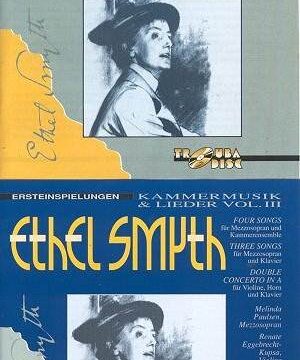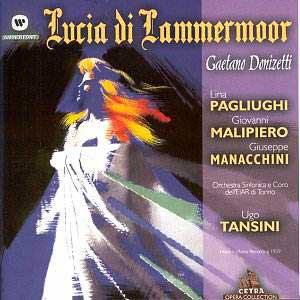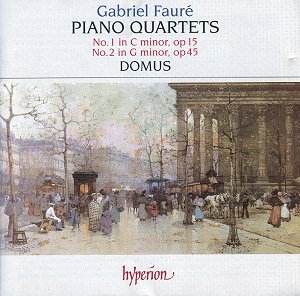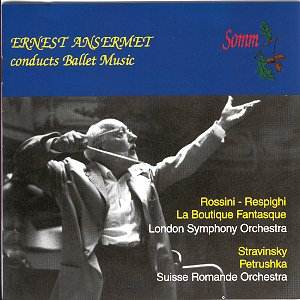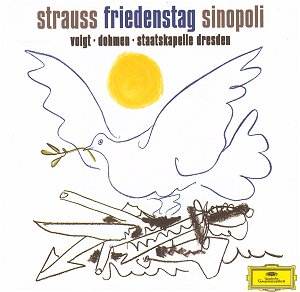 Composer: Richard Strauss
Composer: Richard Strauss
Works: Friedenstag
Performers: Albert Dohmen (Kommendant), Deborah Voigt (Maria), Alfred Reiter (Wachtmeister), Tom Martinsen (Schätze), Jochen Kupper (Konstabel), André Eckert (Musketier), Jürgen Commichau (Hornist), Jochen Schmeckenbecher (Offizier), Matthias Henneberg (Frontoffizier), Jothan Botha (Ein Piemonteser), Attila Jun (Der Holsteiner), Jon Villars (Bürgermeister), Sami Luttinen (Prëlat), Sabine Brohm (Frau aus dem Volke), Staatsopernchor Dresden, Staatskapelle Dresden
Recording: September 1999, Lukaskirche Dresden
Label: DG 463 494-2
Friedenstag, composed in 1938, is an intriguing yet often overlooked work within Richard Strauss’s operatic oeuvre. Emerging from a tumultuous period in Germany, the opera’s conception was shadowed by Strauss’s complex relationship with the Nazi regime, making it a poignant reflection of both his artistic struggle and the sociopolitical climate of the time. The libretto, penned by Josef Gregor, carries the weight of its historical context—set during the Thirty Years War, it celebrates the ideal of peace amidst conflict. Strauss’s music here is characterized by a more austere and solemn tone, a departure from his earlier lush romanticism, which serves to amplify the opera’s profound themes.
The performance, conducted by the late Giuseppe Sinopoli, showcases the Staatskapelle Dresden and its renowned chorus, whose contributions are of particular merit. The choral writing is robust and stirring, effectively capturing the work’s gravitas, especially in the climactic closing scene where the Commandant and his former enemy embrace in a vow of peace. The engineering quality is commendable, allowing for a clear blend of orchestral and vocal lines, thus enhancing the dramatic impact of the music. The recording feels alive, with the chorus’s power resonating beautifully in the acoustics of the Lukaskirche.
Albert Dohmen’s portrayal of the Commandant is commendable, embodying the character’s inner turmoil. However, he lacks the noble timbre that might elevate the role to its idealistic heights—Hans Hotter’s legendary interpretation still serves as a benchmark for comparison. Deborah Voigt, as Maria, demonstrates her Wagnerian prowess, delivering the emotionally charged aria with undeniable strength, yet at times falls short of the lyrical eloquence the character demands. Her performance shines in the more forceful passages but lacks the nuanced depth that would render her portrayal fully realized.
The secondary roles, while competently executed, do not quite rise to the level of distinction found in other notable recordings, such as those conducted by Wolfgang Sawallisch or Clemens Krauss, whose casts featured exceptional talents in every role. Sinopoli’s assembly, while solid, does not convey the same ensemble cohesion or individual character clarity that one might expect from a work of this significance.
Friedenstag, while not among Strauss’s most celebrated operas, reveals a composer grappling with profound themes of conflict and reconciliation. This recording indeed holds a valuable place in the catalog, bolstered by superb choral contributions and a well-balanced orchestral sound. Though it may not eclipse previous interpretations, it remains a thoughtful and worthwhile addition for those interested in exploring the complexities of Strauss’s later works.
